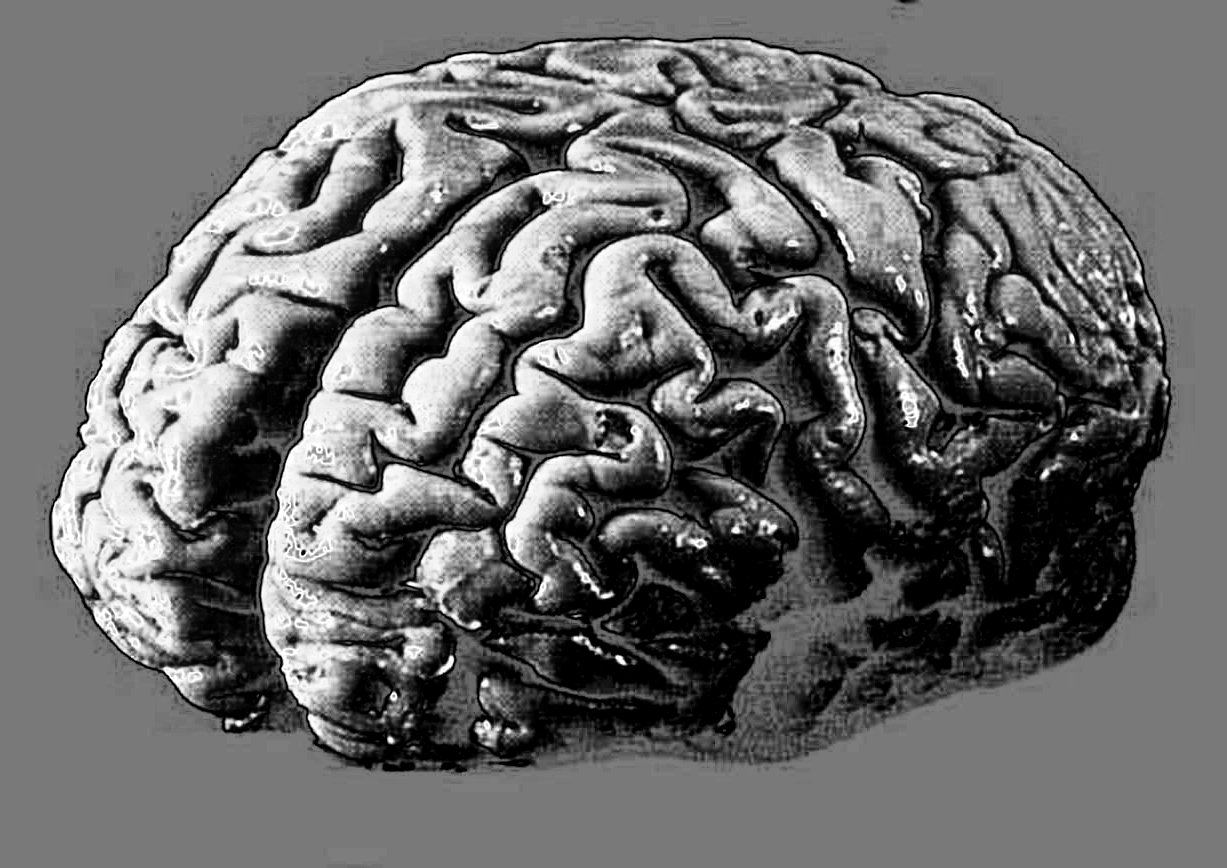Exercise aids ageing brains
 Exercise appears to alter human brain chemistry to protect ageing synapses.
Exercise appears to alter human brain chemistry to protect ageing synapses.
A study from the US has found that when elderly people stay active, their brains have more of a class of proteins that enhances the connections between neurons to maintain healthy cognition.
This protection was found regardless of proteins associated with Alzheimer’s and other neurodegenerative diseases.
The findings come from a project that tracked the late-life physical activity of elderly participants, who also agreed to donate their brains when they died.
“Maintaining the integrity of these connections between neurons may be vital to fending off dementia, since the synapse is really the site where cognition happens,” says neuroscientist Dr Kaitlin Casaletto.
“Physical activity - a readily available tool - may help boost this synaptic functioning.”
The positive effects of exercise reached beyond the hippocampus, the brain’s seat of memory, to encompass other brain regions associated with cognitive function.
“It may be that physical activity exerts a global sustaining effect, supporting and stimulating healthy function of proteins that facilitate synaptic transmission throughout the brain,” says Dr William Honer, a professor of psychiatry at the University of British Columbia.
The brains of most older adults accumulate amyloid and tau, toxic proteins that are the hallmarks of Alzheimer’s disease pathology. Many scientists believe amyloid accumulates first, then tau, causing synapses and neurons to fall apart.
Researchers say that synaptic integrity, whether measured in the spinal fluid of living adults or the brain tissue of autopsied adults, appears to dampen the relationship between amyloid and tau, and between tau and neurodegeneration.








 Print
Print